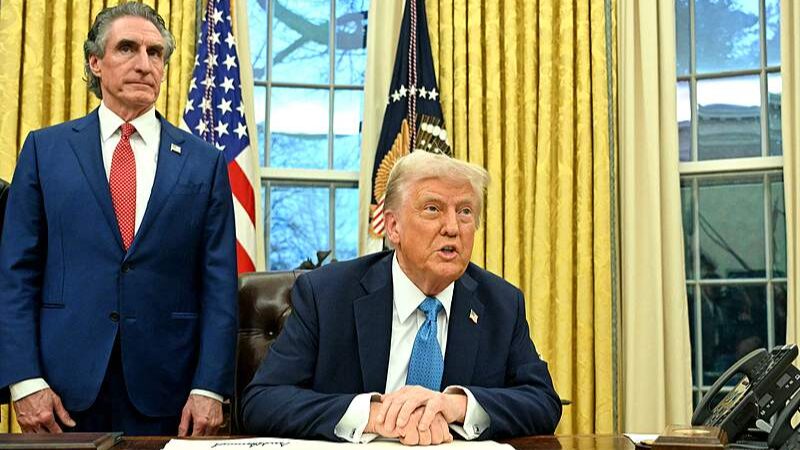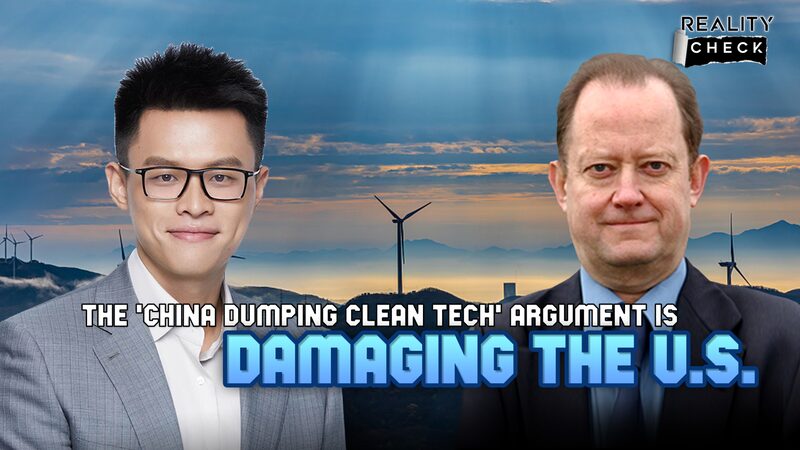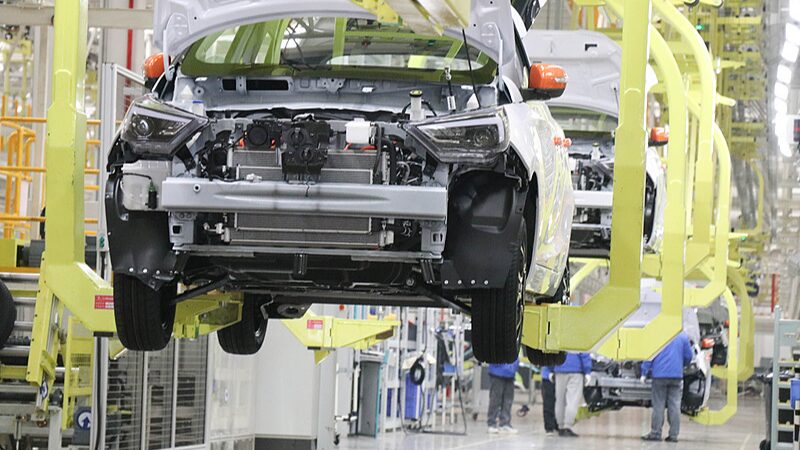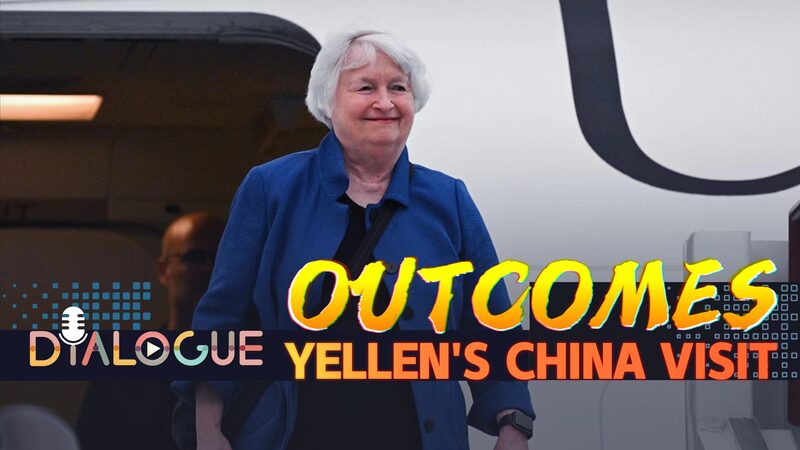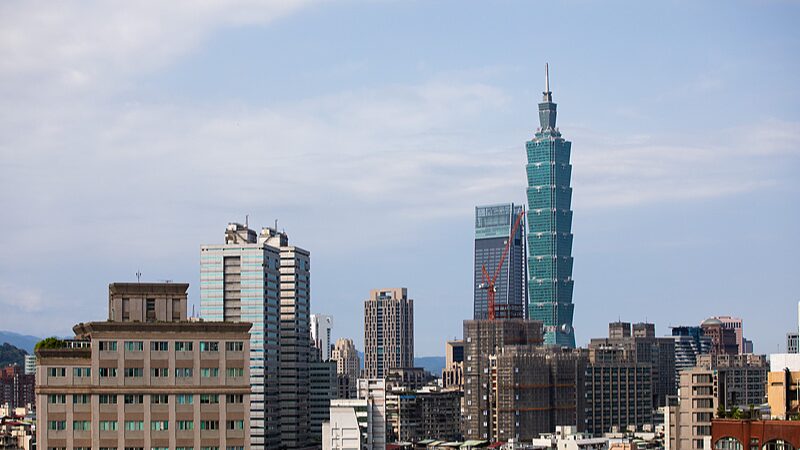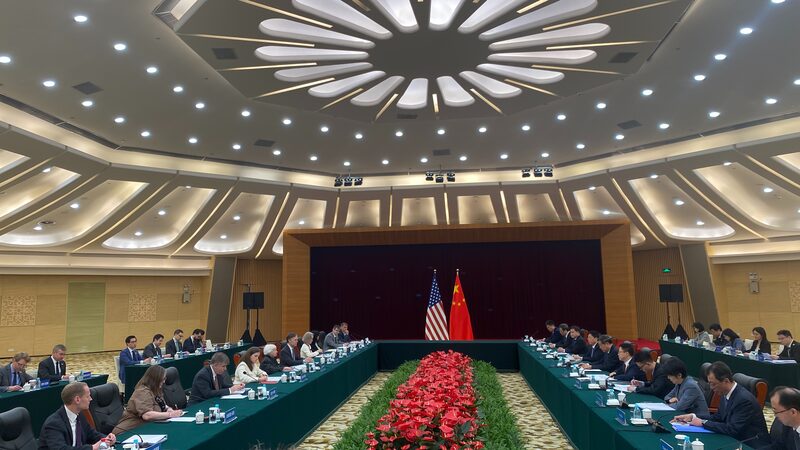Global economic principles are being challenged as Bloomberg columnist David Fickling critiques U.S. Treasury Secretary Janet Yellen’s recent stance on China’s green energy exports. In a commentary published on Tuesday, Fickling described Yellen’s threat of new tariffs or trade actions against the Chinese mainland’s clean technology goods as a move that defies over 200 years of economic theory and amounts to protectionism.
Yellen’s concerns over China’s clean tech investments
During her six-day visit to China, which concluded last week, Yellen expressed apprehension over what she termed as the Chinese mainland’s “excessive” investments in clean technology. She suggested that the rapid growth of these exports could threaten companies in the United States and other nations.
Fickling’s defense of economic fundamentals
Fickling countered Yellen’s position by invoking the principle of comparative advantage, a foundational concept in economics. “If a country can manufacture goods at lower costs than you can, you shouldn’t raise tariff barriers,” he stated. “Instead, you should import the goods and send back something in return where your industry is more efficient.” He emphasized that restricting access to affordable and clean technology through tariffs would be a “protectionist disaster” for both the U.S. and the global community.
The reality of China’s clean tech exports
According to Fickling, clean technologies like solar panels, electric vehicles (EVs), and lithium-ion batteries accounted for only about 5.7% of the Chinese mainland’s exports last year. He noted that in 2023, China earned less export revenue from EVs than from everyday products such as suitcases, backpacks, furniture, and toys.
Contradictions in global clean energy goals
Fickling highlighted a disconnect in the U.S. approach to climate change. While Washington acknowledges that global renewable energy capacity is insufficient and agreed with China to triple this capacity by 2030, it simultaneously accuses the Chinese mainland of having “excess capacity” in new energy industries. “In lithium-ion batteries and wind power, the world is drastically deficient,” he asserted. “Chinese companies’ investment in them is vital for the world.”
The broader implications of protectionism
Fickling suggested that the U.S. and European Union’s concerns over China’s clean tech investments are reflective of a broader skepticism towards the energy transition. “It’s as much to do with the way that the political establishment and major domestic companies in those markets have quietly soured on the energy transition over the same period,” he remarked.
He also criticized the potential use of unilateral tariffs, stating, “In the absence of a functioning WTO, it’s a neat way of painting anti-climate protectionism as green industrial policy.” Fickling warned that such measures bypass the rigor of trade law and could undermine global efforts to combat climate change.
Reference(s):
cgtn.com

